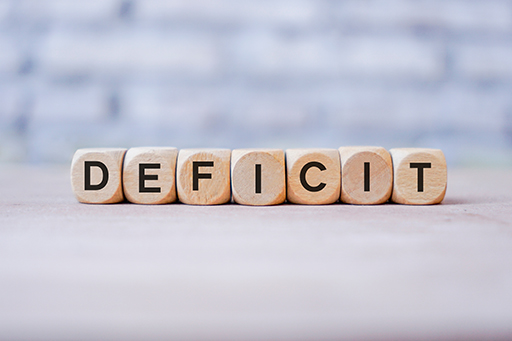9 A shortfall in your pension plan – the options
It’s time to confront the realities of your pension plan.
Earlier you looked at how to forecast your spending in retirement. Now you need to aggregate the pension income you are expecting. This includes your state pension and the income from any occupational and private pension schemes. Remember to include the pension provided by the occupational schemes at previous workplaces unless you have transferred these funds into your current pension scheme. If you are in an occupational scheme your employer’s HR department should be able to help here, if needed.
Reviewing your position is essential for anyone with a defined contribution pension scheme (which includes those with a personal pension plan) because stock market performance is unpredictable, and the pension pot may not build up at the rate that was originally assumed to be likely. Most pension schemes and plans issue statements yearly. This enables you to check regularly how your pension is building up.
Ideally the comparison of spending in retirement versus pension income should be done based on an annual budget. Using a monthly budget may not pick up all items of spending which do not occur each month (e.g. spending on holidays).
If you have a forecast where income exceeds spending, you are on course for a retirement you can fully enjoy. If the reverse is true you need to take action – and you should not wait to put in place a plan to resolve the financial issues facing you in later life.
What are your options?
If you are still some decades away from retirement, the first option you should look at is to increase your contributions to your pension scheme. Making additional voluntary contributions is normally available under occupational schemes. With personal schemes it is always your choice about how much you want to contribute. If you are an income tax payer, you will benefit from the tax relief on contributions up to the annual limit set by the government.
If you are close to retirement, it still makes sense to consider topping up your pension fund, provided you do not exceed the lifetime limit for pension funds set by the government (currently £1,073,100).
When you are close to retirement there may, though, be limited scope to build up your fund and with it the size of your eventual pension income. Other alternatives may have to considered.
- Cut spending. Have a look again at your forecast for spending. Are there some economies you could make? Can you cut your bills by switching to cheaper providers? Could you forego certain of the activities you were planning for retirement?
- Defer retirement and work on for a few more years. This may not be what you want to do, but working a few more years would help to accumulate your pension fund. More people in the UK now work beyond state pension age, and since 2011 for most occupations you have the right to do this. In 2020, 1.4 million people aged over 65 were working in the UK – up from 272,000 in 1997 (Smart Pension, 2017; Aviva, 2020). One benefit of working beyond state retirement age is that National Insurance Contributions (NICs) are no longer payable regardless of your earnings.
- Draw on savings. If you have savings and investments outside those held in your pension scheme – for example in ISA products – you can draw on these to top up your pension income. This could just be the income from these – the interest and dividend earnings. However, you could also draw on the capital invested – in effect using the savings and investments as a fund to drawdown in stages during your retirement years. If you do this, though, the interest and other earnings you receive will be lower than if you leave the capital untouched.
- Draw on your pension lump sum. If you take part of your pension in the form of a tax-free lump sum, this provides another source of capital to invest or drawdown. Whilst many people use the lump sum for specific objectives – such as paying off any remaining mortgage – others use it as another source of money to draw on in stages over several years.
- Make use of other assets. This could include antiques, jewellery or your home. Increasingly people are turning to equity release products to use the home they own to generate cash to support them in retirement. It is, though, an expensive way to borrow money and is not without complications – for example, it will reduce the size of the inheritance your family or other beneficiaries may be anticipating. If you want to learn more about the equity release market, there is a link provided to more information at the end of the session.
- One final idea for making cash from your home is to rent out a room to a lodger, if you do not mind someone else in your home. Earnings from such rented accommodation are tax-free up to £7500 a year for an individual or up to £3750 a year each for a couple, under the so-called ‘rent-a-room’ scheme.
Activity 8 Boosting your finances for retirement
Looking at the options above, which would you consider as being:
- feasible?
- necessary?
Discussion
Clearly your answer will reflect your personal circumstances. Delaying retirement may seem like an unpleasant option – it really depends on whether you like your job. For many people the social environment – as well as the income, of course – provides good compensation for putting off retirement for a year or two. Cutting your spending plans might be feasible – although clearly this would detract from the type of retirement you envisaged.

